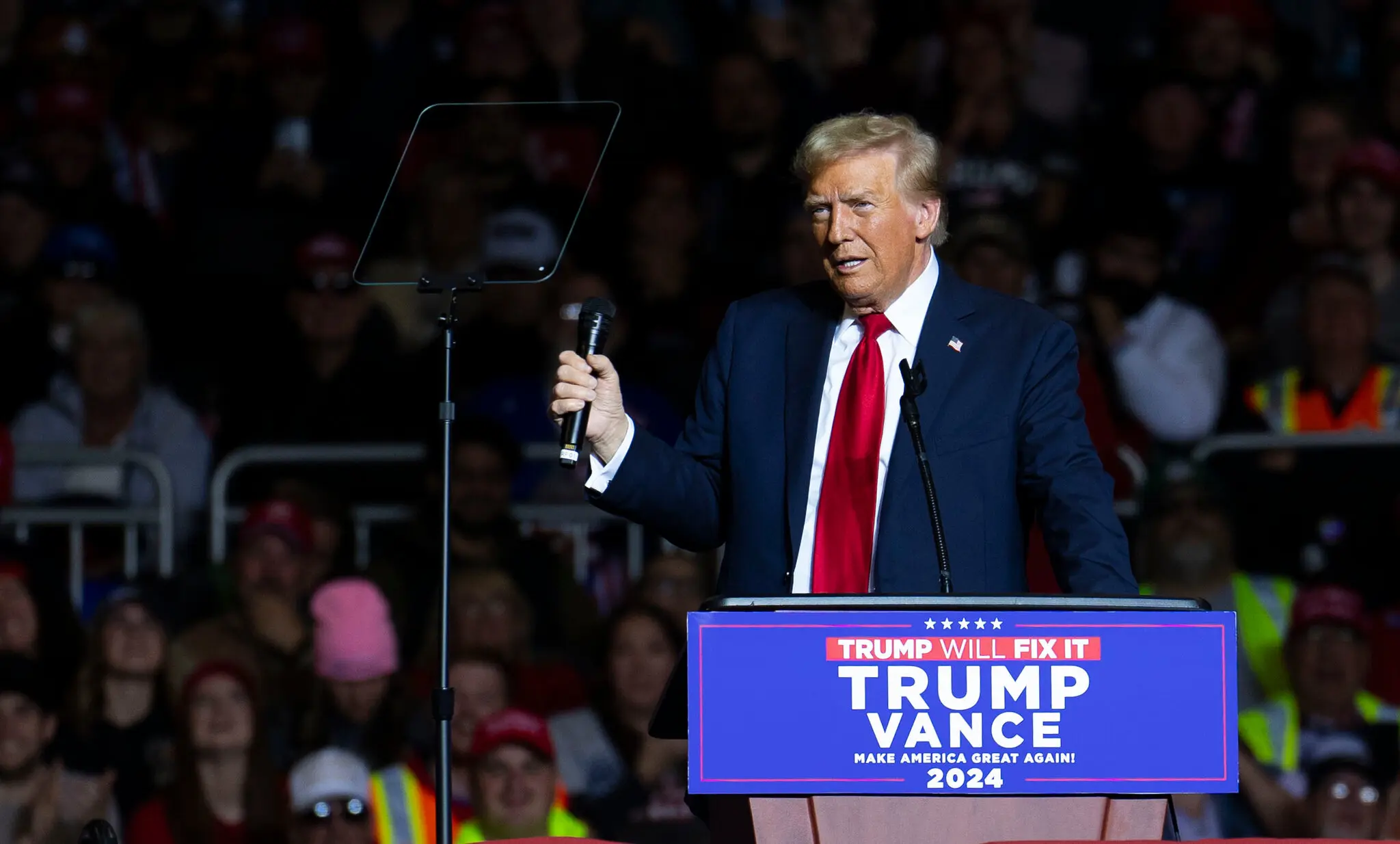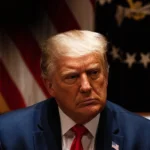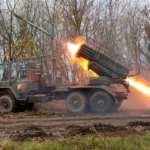Donald Trump’s return to the White House is poised to reshape U.S. foreign policy, potentially leading to major shifts on key global issues. During his campaign, Trump reiterated his “America First” stance, focusing on non-interventionism and trade protectionism, signaling that his administration may adopt a different approach to ongoing international crises.
Russia, Ukraine, and NATO
Trump has proposed a swift end to the Russia-Ukraine conflict, suggesting he could broker peace “in a day,” though he hasn’t detailed his approach. Advisors to Trump have hinted at maintaining U.S. weapons support for Ukraine but with conditions, such as Ukraine entering peace talks with Russia and postponing its NATO ambitions. Trump’s critics argue this approach could compromise Ukraine’s position, while Trump insists his goal is to reduce U.S. resource expenditures on the war.
Trump’s previous skepticism toward NATO may also resurface, potentially sparking concerns among allies. While some interpret his stance as a negotiating tactic to press NATO members for higher defense contributions, Trump’s victory has NATO leaders wary of the alliance’s future under his administration.
Middle East
In the Middle East, Trump has expressed intentions to bring “peace,” including ending the Israel-Hamas war in Gaza, but specifics remain unclear. His previous administration took a firm pro-Israel stance, moving the U.S. Embassy to Jerusalem and facilitating the Abraham Accords, which established ties between Israel and several Arab nations. Trump’s strong policies toward Iran, including withdrawal from the nuclear deal, are expected to continue, possibly intensifying pressure on Tehran.
While Trump has supported Israeli Prime Minister Netanyahu, he has shown willingness to apply pressure where necessary. Given his existing ties with key Arab leaders, Trump may pursue a complex balancing act to resolve current tensions, though his unpredictable diplomacy has both supporters and critics.
China and Trade
Trump’s return could bring a tougher stance on China. Previously, he labeled China a “strategic competitor” and imposed tariffs on Chinese goods, sparking a trade war. Trump has promised to protect American manufacturing jobs and has portrayed President Xi Jinping as both “brilliant” and “dangerous.” He has vowed to impose stronger tariffs if needed and claimed he wouldn’t need military force to deter China from actions like blockading Taiwan, as he believes his unpredictability is a deterrent.
Overall, Trump’s return is expected to recalibrate the U.S. stance on these critical issues, with potential ramifications for alliances and trade dynamics worldwide. The world now awaits clarity on how these policies will take shape under his administration.




